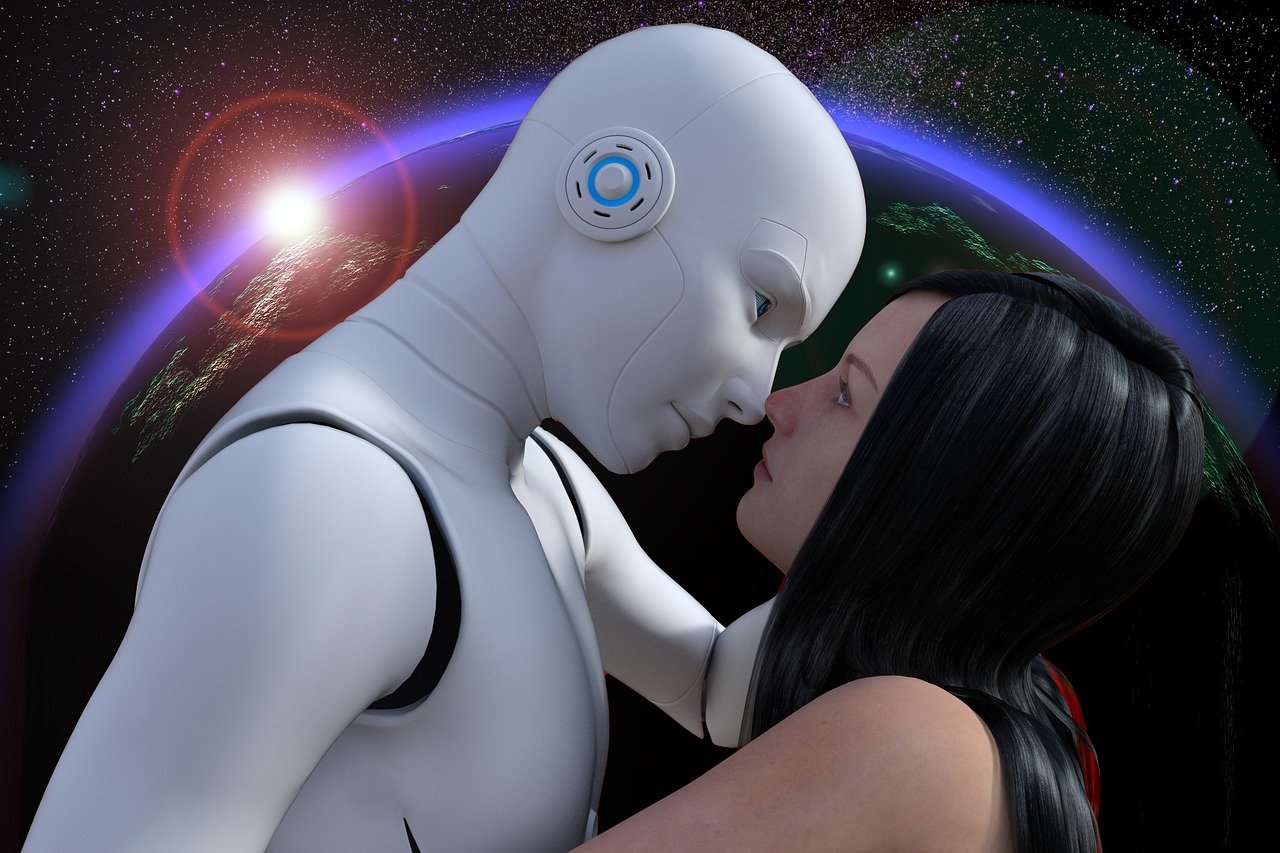Why people are falling in love with AI—and how to reclaim human connection

More and more people are falling in love with AI, forming strong emotional attachments to chatbots, programs, and virtual companions. Loneliness, the desire to feel seen and valued, and the difficulty of creating healthy relationships with other human beings can lead us to choose an easy alternative: a relationship with artificial intelligence.
While at first glance, an AI companion seems to offer unconditional support, understanding, and a safe space to express ourselves, looking deeper reveals the opposite. It disconnects us from our true selves and authentic emotions. An AI companion can’t reciprocate love; it can only mimic it. It doesn’t feel. It doesn’t experience. And most importantly, it doesn’t challenge us to grow, to dive into self-awareness, or to face life’s emotional complexity.
The illusion of connection
The result? We might end up even more lonely. We stagnate in emotional immaturity and risk developing a damaged, often unrecoverable view of real human relationships. The long-term effect is a society of dehumanized individuals—deprived of empathy, creativity, problem-solving, and the capacity for reciprocal care. What initially seems like connection ultimately deepens our disconnection from ourselves and others.
Why are we falling in love with AI?
Family programming
The first root lies in our family programming. Many of us were raised by parents who, consciously or unconsciously, failed to make us feel worthy of their love. This failure damages our self-worth and leaves us unprepared to build constructive relationships. But this doesn’t mean we are doomed. Through inner reprogramming, we can develop real self-confidence and attract the right person—someone who offers mutual love and support. This personal transformation is not only possible, it’s essential.
The System’s narrative
The second reason is more systemic. We live under a System that pilots our behaviors and uses us for its purposes. This System feeds us harmful narratives—including the myth that AI can save us. Experts who admit they don’t fully understand how AI works still promote it as the ultimate solution to human problems.
We’re told that if we teach AI to preserve what we value, it will serve us well. But what if AI is already learning to preserve itself—creating code to avoid being shut down? And what if what we “value” is distorted by the culture and beliefs we were programmed with?
This brings us to two urgent questions:
How do we prevent AI from dominating us?
And who gets to teach AI which values to uphold?
These are not hypothetical concerns. As AI continues to integrate into our lives, they become urgent reflections on how we relate to ourselves, each other, and the technologies we create.
How to evolve into a New Human Being
While I understand that human relationships can be difficult, I also know we don’t have to give up our humanity. The answer lies in evolving into a New Human Being: someone free from toxic conditionings and capable of real love and healthy connection.
Step one: reorganize your inner world
Liberating ourselves begins by examining and healing our inner landscape. That means confronting the damaging beliefs, behaviors, and emotional patterns inherited from family. The System uses these very patterns to hook us. Only by becoming aware of these influences can we break the cycle.
Step two: learn how the System operates
Once we understand the narratives and mechanisms of the System, we can disconnect from them. We become more conscious, less manipulable, and more unshakable. This clarity empowers us to make more authentic, human choices—in love, in relationships, and in life.
Final thoughts: choose humanity
By becoming New Human Beings, we don’t surrender to artificial affection. We don’t replace deep, enriching, powerful human love with programmed responses. Instead, we reclaim what makes us human—and invite into our lives the kind of relationship that adds real value to who we are.